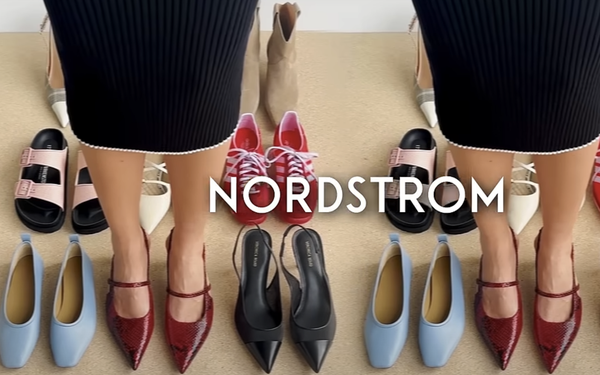by Sarah Mahoney , Staff Writer @mahoney_sarah
Source: www.mediapost.com, August 2024
With second-quarter financial results that beat expectations, Nordstrom is proving some department store doubters wrong. Even as rivals — both at the higher and lower end of the price spectrum — struggle to keep up with changing consumer preferences, the company posted a sales increase of 3.4%, to $3.79 billion. Activewear, women’s apparel, beauty and kids had the most substantial growth.
And while that includes gains in both the Nordstrom and Nordstrom Rack banner, growth was strongest at the off-price division, where sales rose 8.8%. Digital sales climbed more than 6%.
Net income rose to $122 million from $83 million in the same period a year ago, thanks to stronger sales of full-priced items. Profit margins beat forecasts and were “highest for a second quarter in many years,” writes David Swartz, an analyst who follows Nordstrom for Morningstar. “Although in the early stages, this result provides confidence that the firm’s efficiency, merchandising, inventory management, and store opening plans are working,” he adds.
Nordstrom execs patted themselves on the back for a performance they called “solid” and expressed confidence in updated — and more cautious — forecasts, now calling for revenue for the fiscal year in the range of a 1% decline to 1% growth and comparable sales gain in between flat and 2%.
While those numbers might not seem worth celebrating, investors found them encouraging enough to drive share prices as much as 5% higher.
Nordstrom’s results look especially healthy given the comparisons to retailers like Macy’s, which recently saw a sales drop of 3.9%, and Kohl’s, which just announced a 4.2% decline in sales.
The Seattle-based company didn’t provide any update on reports of a potential buyout by Erik and Pete Nordstrom, members of the founding family. However, private ownership offers some advantages to retailing companies as they look for ways to compete in a fashion era that continues to favor ecommerce and has been leaving mainstream department stores in the dust for decades. Private ownership has benefited HBC, which owns Saks Fifth Avenue and Neiman Marcus, and provided a lifeline to companies like JC Penney.
Privatization may well be Nordstrom’s path forward. “Given the challenges facing apparel stores,” says Swartz, “we think the committee should consider any fair offer.”

